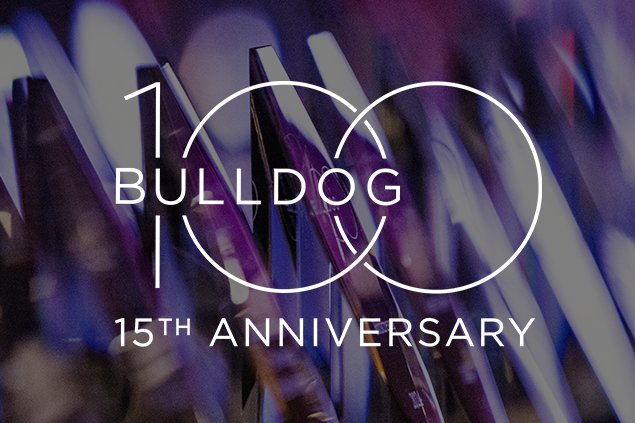Even if you don't know what a lopper is, I bet you've used one or had to pick up behind somebody who was using one.
A lopper is a two-handed pruning shear with long handles. The long handles give you more leverage and therefore more cutting power than you get from one-hand shears. We had a couple of loppers, and Mom knew how to use them really well.
Pile of Pruned Branches
It wouldn't take her long before she'd have a pile of pruned branches for me to pick up. Once she got those loppers warmed up, she'd shift into high gear and cut branches off faster than I could keep up.
Mom could cut so fast she'd almost have to douse the blades in a bucket of water just to cool them off.
That's why I knew it was going to be a long day. When she got started pruning, she just wouldn't quit.
I always thought pruning was kind of like cutting grass: you just did it because something got too big or too tall. Little did I know back then that there are other reasons to prune.
Different Reasons to Prune
Some plants are pruned routinely to maintain a desired size or shape. But others need to be pruned to promote healthy, vigorous growth, flowering or fruiting. Sometimes it's necessary to prune shrubs that outgrow their sites, crowd other plants or block the view from windows.
I think Mom pruned just for the exercise and to give me something to do.
Each plant has its own growth habit and a different requirement for pruning. Anyone can prune, but not everyone prunes properly. Improper pruning, or pruning at the wrong time, can result in plants with weird shapes, plants that don't flower or plants that are more likely to be damaged by insects, diseases or cold weather.
Prime Pruning Time
Late winter is a prime pruning time for some plants.
Even if you prune just to get out of the house, it would be wise to find out how to do it right. Your county office of the University of Georgia Extension Service can give you the details.
There's more to pruning than just whacking off the ends of branches and getting your kids to pick them up.






